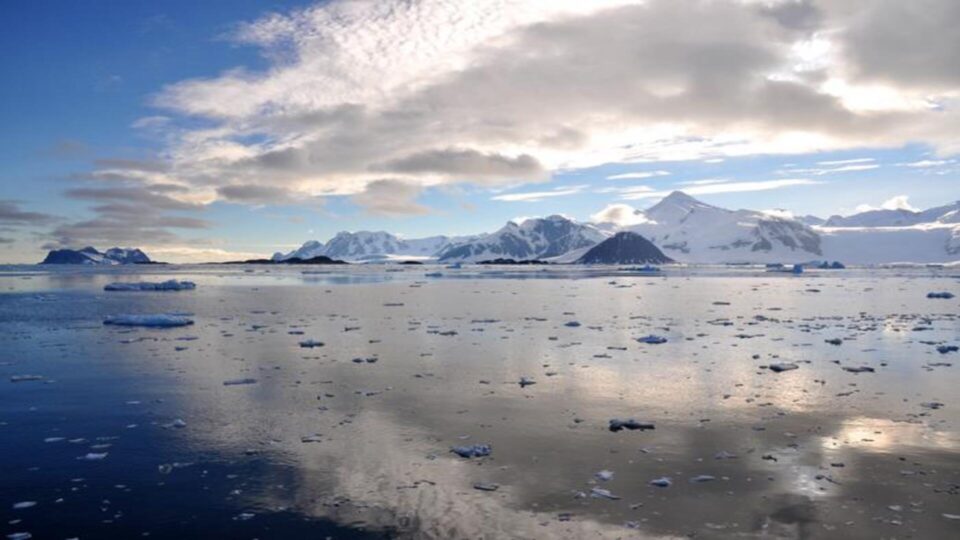An incident at the SANAE IV base has raised concerns after a male scientist allegedly assaulted another team member, shocking the close-knit research group stationed in one of the most isolated places on Earth.
The team consisting of nine researchers was set to spend the harsh Antarctic winter at the South African-operated research base in Vesleskarvet, Queen Maud Land, a remote area located approximately 105 miles from the ice shelf’s edge.
Although all team members undergo independent psychometric evaluations to assess their suitability for isolation, according to South Africa’s Department of Forestry, Fisheries and the Environment (DFFE), some individuals still require time to adjust to the extreme conditions at the remote base.
The department said none of the overwintering team members were sent back to Cape Town, adding that any such incident would have led to immediate replacement, in line with its zero-tolerance policy for misconduct at SANAE IV.
Swift response
The vessel departed for Antarctica on February 1, with no reported issues, but by February 27, news emerged of an alleged assault involving two members of the overwintering team.
The incident came to light following a report by South Africa’s Sunday Times which stated that it had accessed an email sent by one of the team members complaining about the accused scientist’s “egregious” and “deeply disturbing” behavior, including threats to kill somebody.
Upon learning of the incident, DFFE promptly activated its response plan, deploying trained professionals to mediate and help restore relationships among those involved at the base. The government department added that efforts to rebuild relationships have been ongoing almost daily, emphasizing both its support for the team and its firm stance on discipline.
“The alleged perpetrator has willingly participated in further psychological evaluation, has shown remorse and is willingly cooperative to follow any interventions that are recommended,” the department said in a press release. “He has written a formal apology to the victim and is willing to verbally apologize to all members at the base.”
Meanwhile, the ministry has launched a long-term counseling program to support team dynamics and confirmed that a “Labour Relations” process is underway to address the alleged physical assault. “An alleged sexual harassment is also being investigated. Reports of sexual assault are not correct,” the statement said.
Handling conflict in isolation
The South African Minister of Forestry, Fisheries and the Environment Dion George stated he would personally engage with the team to offer reassurance and affirm his commitment to their wellbeing. He highlighted the importance of careful management to ensure both the team at the base and their families feel supported and reassured.
“The willingness of the team to engage in Wellness Programme interventions, as well as the professional and independent counseling will assist in crafting a solution,” DFFE noted. “The ultimate goal would be that all at the SANAE IV are safe and healthy, working together as a team to advance the very important work they are performing in Antarctica.”
Credit: Professor Hilmar Gudmundsson
The DFFE has a well-established track record in overseeing logistics and providing scientific support for South Africa’s National Antarctic Programme (SANAP).
South Africa remains the only African nation with a presence in Antarctica, maintaining the SANAE IV base, which hosts overwintering staff for about 13 months amid some of the world’s harshest conditions. Launched in the 1960s, the program has gathered over five decades’ worth of valuable scientific data.
